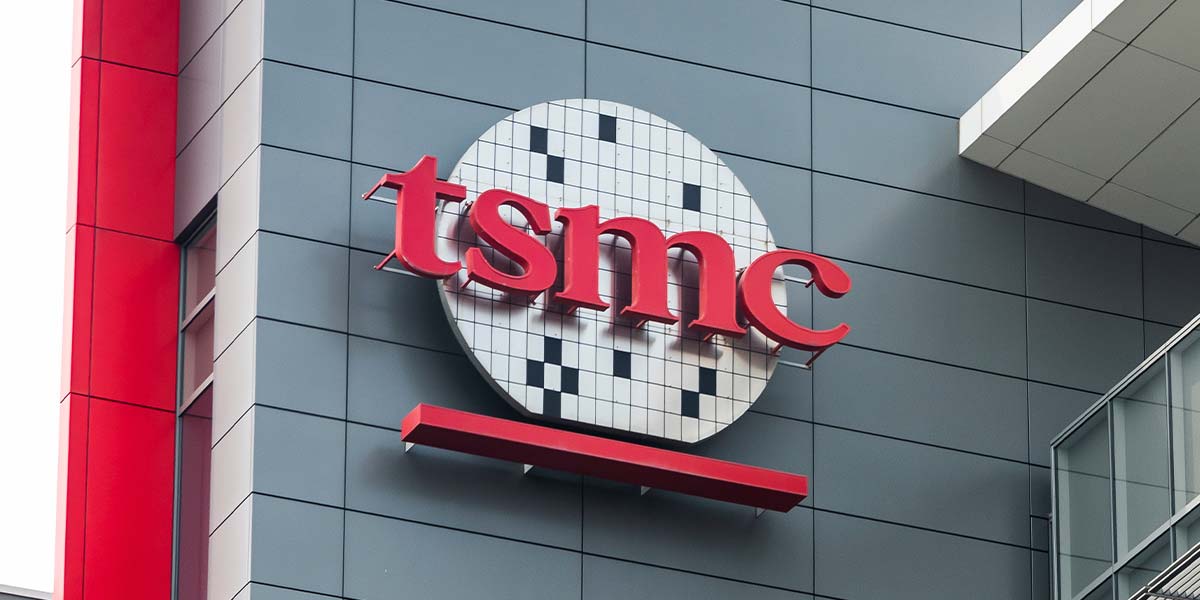The share price of Taiwan Semiconductor Manufacturing Co. (TSMC) plummeted significantly by up to 6.6% when trading resumed on Monday following a global downturn in artificial intelligence-linked stocks last week.
This development exerted downward pressure on the benchmark Taiex index, which fell as much as 4.4%. In addition, Hon Hai Precision Industry Co. also experienced a sharp decline of 9.2%.
The downturn was triggered by investor concerns over DeepSeek’s AI model, which could potentially challenge leading U.S. developers, which led to a significant sell-off in chip stocks. This market reaction occurred while Taiwan’s markets were closed in observance of the Lunar New Year holiday.
The market sentiment was further strained by concerns over tariff tensions as the U.S. President Donald Trump announced general tariffs of 25% on Canada and Mexico, as well as 10% on China, set to take effect on Tuesday. Additionally, Trump’s threats of sectoral tariffs, including those on chips, metals, and pharmaceuticals in the coming months, added to investor unease.
Ken Wong, an Asian equity portfolio specialist at Eastspring Investments, noted that TSMC’s share prices have already adjusted to the ADR price movement. The analyst is in the process of assessing its investments in several companies with production operations in Mexico, as these are likely to be most affected initially.
Hon Hai had announced plans to construct the world’s largest server assembly site powered by Nvidia’s GB200 chips in Mexico. This news, along with the operations of other Taiwanese partners like Inventec Corp. in Mexico, contributed to significant falls in share prices on Monday.
The Taiwanese dollar also experienced a notable decline, its sharpest since 2015, amidst regional currency weakening due to a stronger U.S. dollar and concerns over Trump’s tariff announcements.
The emergence of DeepSeek’s cost-efficient AI model is prompting questions about whether companies need to make substantial capital investments to advance the technology. This development could have implications for TSMC, the primary chip supplier to Apple Inc. and Nvidia Corp., which recently increased its quarterly sales forecast in anticipation of expanded spending on technology and capacity during the year.
Gary Tan, a portfolio manager at Allspring Global Investments in Singapore, suggested that recent developments might prompt fund managers to re-evaluate their portfolio exposure to AI. In the short term, he believes this could lead emerging market investors to seek opportunities beyond tech hardware and consider markets outside of Taiwan and Korea for potential AI leaders.
TSMC, which constitutes 39% of Taiwan’s benchmark index, is under pressure that could quicken foreign capital outflows from the island. In January alone, international investors pulled $1.26 billion from Taiwan’s tech-heavy market.
Reflecting these dynamics, a strategist at Jefferies LLC mentioned a plan to reduce Nvidia and TSMC holdings in its global equity fund, citing the “potentially dramatic implications” brought about by DeepSeek’s innovation.
Nonetheless, there remains optimism for TSMC due to its advanced technology and favorable valuation. Currently, the stock trades at approximately 18 times forward earnings, matching its five-year average and presenting a more attractive valuation than competitors like Intel at 32 times and Nvidia at 27 times as of last Friday.
Recent reports from companies such as Advantest Corp. and ASML Holding NV highlight strong demand with increased AI-related spending, which should lend some support to TSMC.
While DeepSeek’s emergence may cause temporary challenges for some products, analyst Charles Shum from Bloomberg Intelligence suggests that affordable models could foster greater adoption, leading to increased demand for AI inference chips, which rely heavily on TSMC for manufacturing, thereby bolstering long-term growth.





